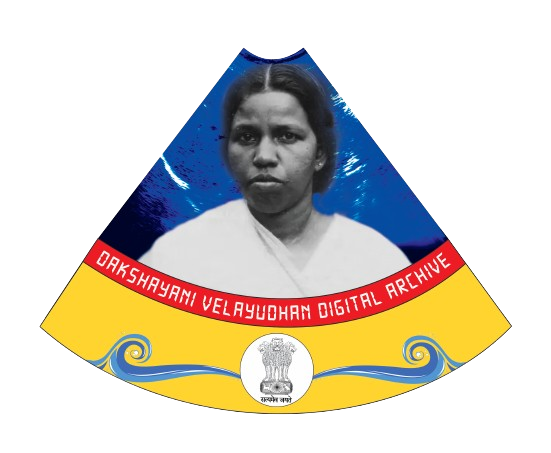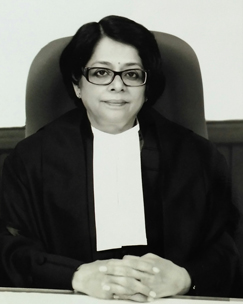Justice Indu Malhotra, a distinguished retired judge and senior counsel of the Supreme Court of India, stands as a trailblazer in the legal realm. Not only was she the second woman designated as a senior advocate by the Supreme Court, but she also holds the unique distinction of being the first woman advocate elevated directly from the bar to become a judge of the Supreme Court.
| Aspect | Details |
| Full Name | Indu Malhotra |
| Date of Birth | 14 March 1956 |
| Place of Birth | Bangalore |
| Education | – Bachelor of Arts (Hons.) and Masters in political science from Delhi University |
| – Bachelor of Laws from Campus Law Centre, University of Delhi | |
| Career | – Enrolled as an advocate in 1983 |
| – Qualified as an advocate-on-record in the Supreme Court in 1988 | |
| – Served as legal counsel in the Supreme Court for 30 years | |
| – Appointed as a judge of the Supreme Court of India (April 2018) | |
| – Retired on 13 March 2021 | |
| Notable Achievements | – Second woman to be designated as a senior advocate by the Supreme Court |
| – First woman advocate to be elevated as a judge of the Supreme Court directly from the bar | |
| Important Cases | – Navtej Singh Johar & Ors. versus Union of India (2018) |
| – Joseph Shine versus Union of India (2018) | |
| Publications | – Authored the third edition of “The Law and Practice of Arbitration and Conciliation” (2014) |
| Membership & Nominations | – Member of various committees, including the Vishakha Committee |
| Retirement & Committees | – Retired on 13 March 2021 |
| – Chaired the committee under the Lokpal and Lokayuktas Act, 2013 | |
| – Appointed as the Chairperson of the Advance Ruling Authority [Income Tax] in 2018 | |
| Jurisprudence & Views | – Dissented in the Sabarimala temple entry case, emphasizing the role of religious communities |
Early Life and Education
Born on 14 March 1956 in Bangalore to the eminent Supreme Court senior advocate and author, Om Prakash Malhotra, and Satya Malhotra, Justice Indu Malhotra’s early life was marked by exposure to legal luminaries. She pursued her education at Lady Shri Ram College, University of Delhi, obtaining a Bachelor of Arts (Hons.) and Masters in Political Science. Subsequently, in 1982, she completed her Bachelor of Laws from the Campus Law Centre of the Faculty of Law, University of Delhi.
Career in Law
In 1983, Justice Malhotra commenced her legal journey, enrolling with the Bar Council of Delhi. Her ascent in the legal field was noteworthy, culminating in her qualification as an advocate-on-record in the Supreme Court in 1988, where she secured the first position in the examination. Serving as legal counsel in the Supreme Court for three decades, she emerged as a respected authority in the legal fraternity.
Judicial Ascendancy
Justice Malhotra’s judicial career reached its zenith when, after 30 years of dedicated legal service, she was unanimously recommended for appointment as a judge of the Supreme Court. On 26 April 2018, she made history as the first woman judge to be elevated directly from the bar to the Supreme Court, contributing significantly to the Indian judiciary.
Noteworthy Cases
Throughout her illustrious career, Justice Indu Malhotra handled several important cases, including landmark judgments such as Navtej Singh Johar & Ors. versus Union of India (2018) and Joseph Shine versus Union of India (2018). Her legal acumen and contributions in diverse cases reflect her commitment to upholding justice and legal principles.
Dissenting Note on Sabarimala Temple Entry
Justice Malhotra’s dissenting note on the majority judgment allowing women’s entry into the Sabarimala Temple drew attention. As the sole woman justice on the panel, she emphasized that matters of religious practices should be left to the religious community and not be subject to court decisions.
Committee Memberships and Nominations
Justice Malhotra actively participated in various committees constituted by the Supreme Court, including the Vishakha Committee, showcasing her commitment to addressing legal and social issues.
Publications and Academic Pursuits
As an accomplished legal scholar, Justice Malhotra authored the third edition of “The Law and Practice of Arbitration and Conciliation” in 2014. Her contributions to legal literature highlight her dedication to advancing legal knowledge.

